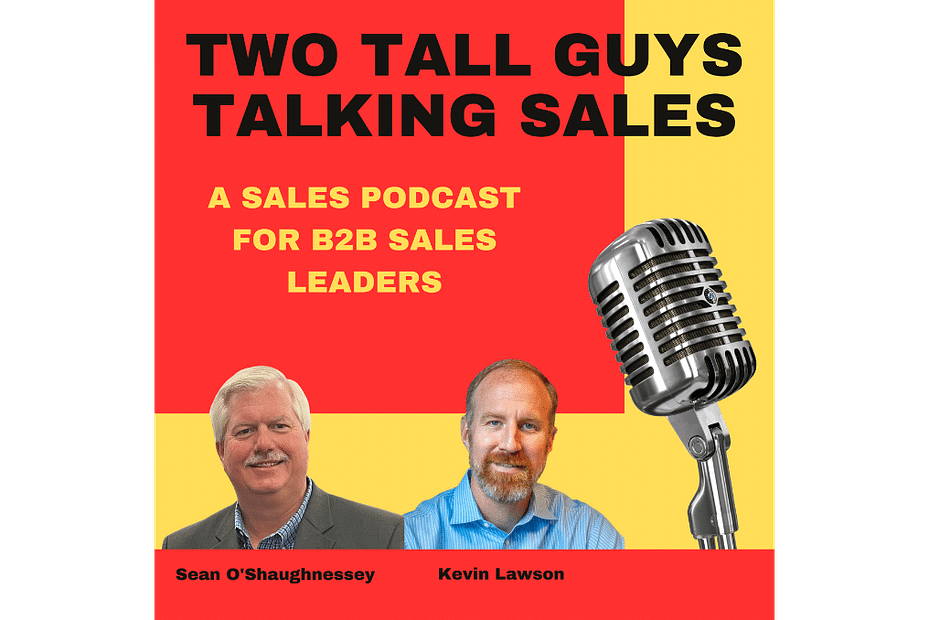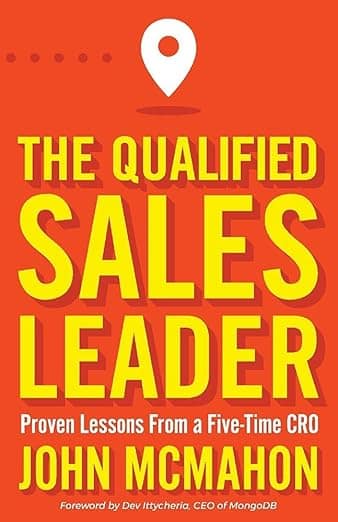In the complex world of B2B selling, trust is built in stages. The challenge in all sales campaigns is ensuring the prospect trusts they are making the best decision for their business.
- Do they trust that the salesperson is giving them all of the information?
- Do they trust that the company will support them after the sale?
- Do they trust that the product will perform as they expect it to perform?
As I have explained in my book, Eliminate Your Competition, as well as the blog for that book and in this blog, the prospect needs to trust all three elements the salesperson is selling:
- They need to trust the product.
- They need to trust the company behind the product.
- They need to trust the salesperson.
Prospects listen to your sales message, review your materials, and hear your claims, but none of that guarantees belief or trust. Trust is validated when your claims are validated. That’s why validation events are crucial to any rigorous sales process.
In The Qualified Sales Leader, John McMahon stresses the importance of customer-driven validation. He cautions sales leaders against relying on internal optimism or anecdotal “good signals” from prospects. Instead, McMahon emphasizes observable proof—real buyer behavior that confirms alignment, commitment, and value. Validation events are when the customer takes action to validate that what you’ve promised is accurate and valuable.
An excellent sample sale process flow looks like this:
- Discover
- Scoping
- Economic Buyer Meeting
- Validation Event
- Business Case and Final Proposal
- Negotiate and Close
As you can see, the Validation Event is the last step before creating the final business case, which will be bundled with your final proposal.
Read the rest of the article… 

